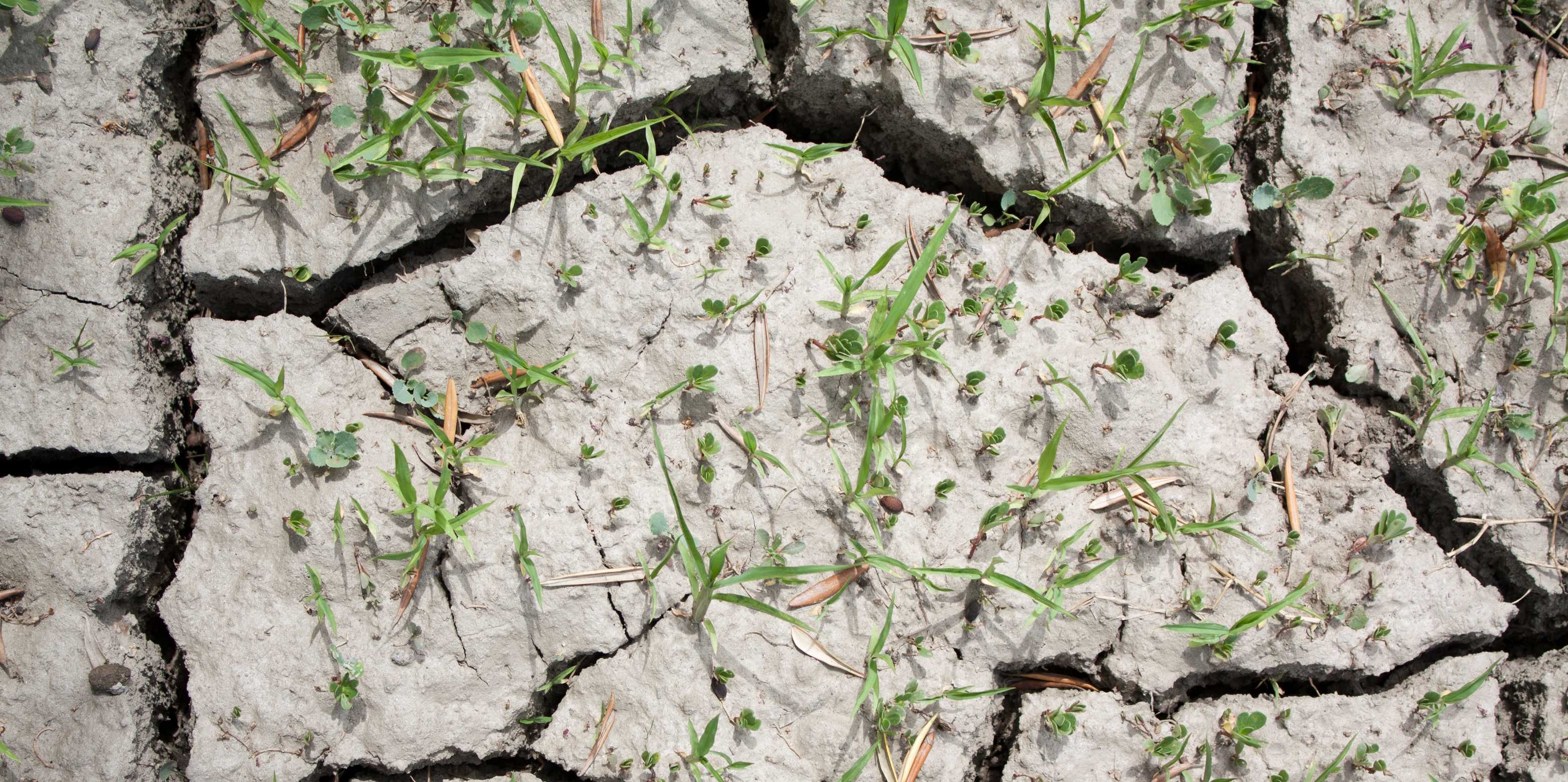Food systems resilience is defined as "the capacity over time of a food system and its units at multiple levels, to provide sufficient, adequate and accessible food to all, in the face of various and even unforeseen disturbances" (Tendall, et al. 2015, p. 19). It is complementary and essential to sustainability.

